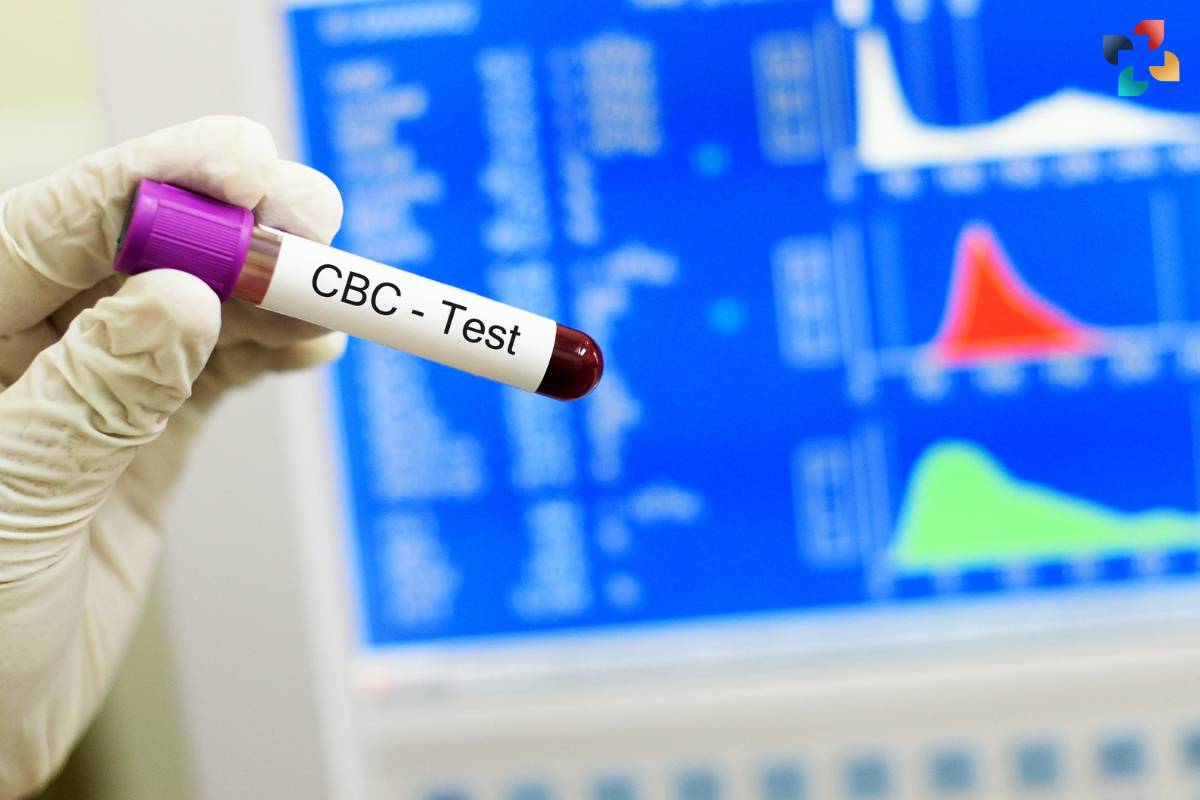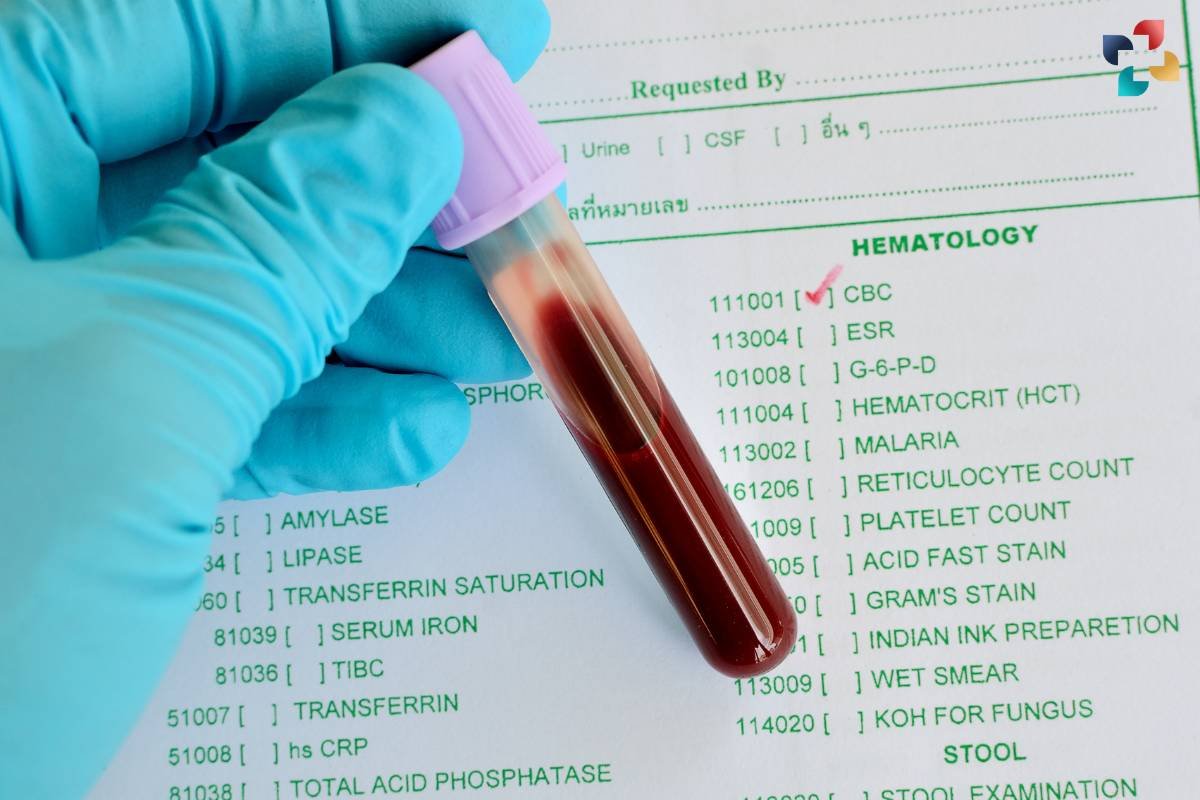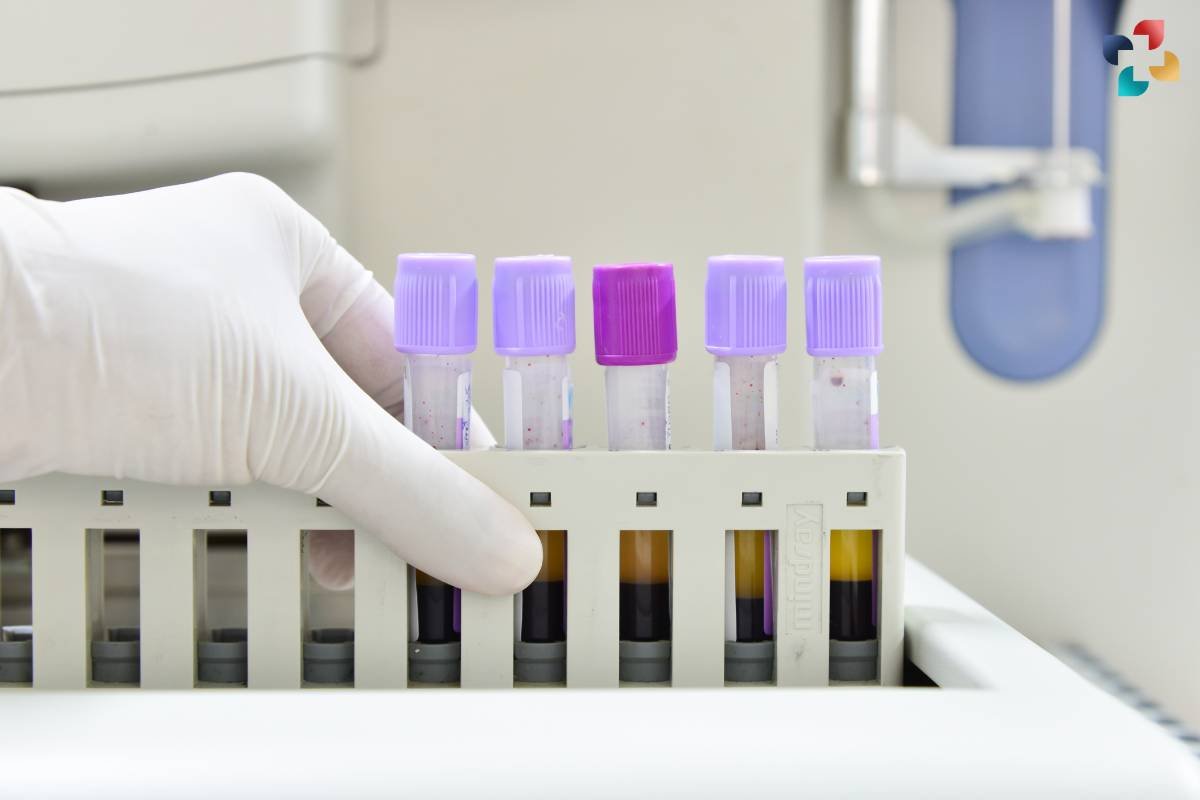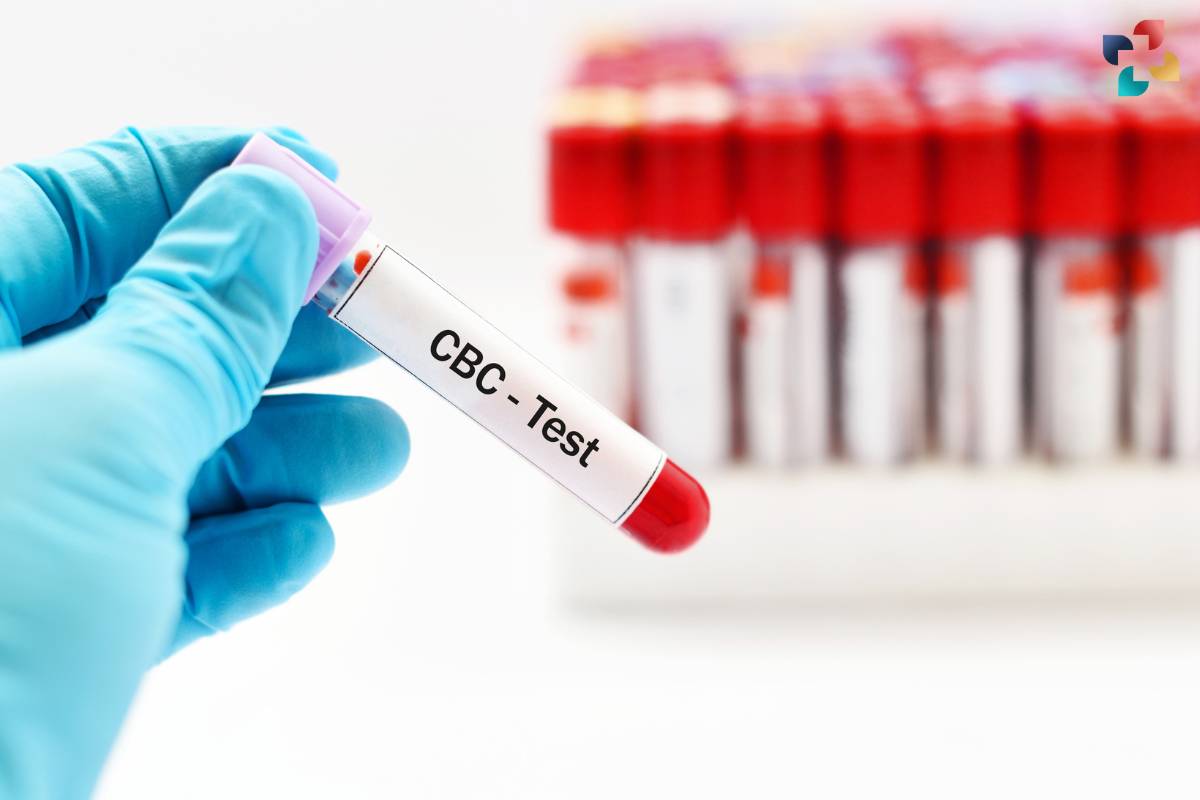Introduction:
In the realm of healthcare diagnostics, CBC with Differential stands as a fundamental tool for assessing overall health and diagnosing a wide range of medical conditions. This comprehensive blood test, also known as Complete Blood Count with Differential, provides valuable insights into various components of the blood, offering healthcare professionals crucial information to guide patient care and treatment decisions.
The Significance of CBC with Differential:
CBC with Differential plays a pivotal role in evaluating the health status of individuals across different age groups, from pediatric to geriatric populations. This test provides valuable information about the cellular composition of the blood, including red blood cells, white blood cells, and platelets, along with additional parameters such as hemoglobin and hematocrit levels. By analyzing these components, healthcare providers can assess for conditions such as anemia, infection, inflammation, and hematological disorders.

In addition to its role in diagnosing various medical conditions, CBC with Differential also serves as a vital tool in monitoring disease progression and assessing treatment efficacy. For individuals with chronic conditions such as autoimmune diseases, leukemia, or infectious diseases, regular monitoring of blood cell counts and differentials is essential to track changes in the disease course and adjust treatment strategies accordingly.
Moreover, CBC with Differential aids in identifying potential underlying causes of abnormal blood cell counts. For example, an elevated white blood cell count with a predominance of neutrophils may indicate a bacterial infection, while an increase in eosinophils may suggest an allergic reaction or parasitic infection. By correlating these findings with clinical symptoms and other diagnostic tests, healthcare providers can make more accurate diagnoses and provide targeted interventions.
Furthermore, CBC with Differential plays a crucial role in preoperative assessments, helping healthcare providers identify potential risks for complications during surgical procedures. Abnormalities in blood cell counts or coagulation parameters may necessitate further evaluation or modification of surgical plans to minimize the risk of perioperative complications.
Overall, CBC with Differential serves as a cornerstone in the practice of modern medicine, providing invaluable insights into the hematological health of individuals across diverse clinical scenarios. Its versatility, accuracy, and accessibility make it an indispensable tool for healthcare providers in delivering high-quality patient care and optimizing health outcomes.
Key Components of CBC with Differential:

The Complete Blood Count (CBC) with Differential is a common blood test that provides essential insights into various blood components, including red blood cells, white blood cells, and platelets. This comprehensive analysis aids healthcare providers in assessing overall health, diagnosing medical conditions, and monitoring treatment effectiveness. The CBC with Differential offers detailed information about different types of white blood cells, enabling clinicians to identify specific abnormalities that may indicate underlying infections, inflammatory disorders, or hematological diseases. This article explores the key components of CBC with Differential and their significance in clinical practice.
CBC with Differential typically includes several key components, each offering unique insights into the patient’s health status:
1. Red Blood Cell Count (RBC):
Measures the number of red blood cells in the blood, providing information about oxygen-carrying capacity and assessing for conditions such as anemia and polycythemia.
2. White Blood Cell Count (WBC):
Determines the total number of white blood cells, which are crucial for the body’s immune response. Abnormalities in WBC count may indicate infection, inflammation, or bone marrow disorders.
3. Differential White Blood Cell Count:
Breaks down the types of white blood cells present in the blood, including neutrophils, lymphocytes, monocytes, eosinophils, and basophils. This differential count helps identify specific types of infections or inflammatory conditions.
4. Hemoglobin (Hgb) and Hematocrit (Hct):
Measure the concentration of hemoglobin and the percentage of blood volume occupied by red blood cells, respectively. These parameters assess oxygen-carrying capacity and evaluate for conditions such as anemia and dehydration.
5. Platelet Count:
Determines the number of platelets in the blood, which are essential for blood clotting. Abnormal platelet counts may indicate bleeding disorders or bone marrow dysfunction.
Applications of CBC with Differential:

CBC with Differential is utilized in various clinical settings, including primary care, emergency medicine, oncology, hematology, and infectious diseases. Healthcare providers rely on this test to aid in the diagnosis, monitoring, and management of a wide range of medical conditions, including:
- Anemia: CBC with Differential helps differentiate between different types of anemia based on red blood cell indices and morphology.
- Infection: Elevated white blood cell count and differential can indicate the presence of bacterial, viral, or fungal infections.
- Inflammatory Disorders: Increased white blood cell count and inflammatory markers may suggest autoimmune diseases or inflammatory conditions.
- Hematological Disorders: Abnormalities in red blood cell indices or white blood cell morphology may indicate hematological malignancies or bone marrow disorders.
Conclusion:
In conclusion, CBC with Differential serves as a cornerstone in the diagnostic evaluation of patients, providing valuable insights into hematological parameters and aiding in the diagnosis and management of various medical conditions. With its widespread applicability and importance in healthcare practice, CBC with Differential remains an indispensable tool for healthcare professionals worldwide.
FAQs
1. What is a CBC with Differential?
A CBC with Differential is a blood test that provides detailed information about the cellular composition of the blood, including red blood cells, white blood cells, and platelets, along with specific counts of different types of white blood cells.
2. Why is a CBC with Differential performed?
A CBC with Differential is performed to assess overall health, diagnose medical conditions such as anemia, infection, inflammation, and hematological disorders, and monitor treatment effectiveness.
3. How is a CBC with Differential conducted?
A CBC with Differential is typically performed using a small blood sample drawn from a vein in the arm. The sample is then analyzed in a laboratory using automated hematology analyzers.
4. What do the results of a CBC with Differential indicate?
The results of a CBC with Differential provide information about the levels of various blood components, including red blood cells, white blood cells, and platelets, as well as the different types of white blood cells present in the sample.
5. Are there any risks associated with a CBC with Differential?
Generally, a CBC with Differential is a safe procedure with minimal risks. Some individuals may experience mild discomfort or bruising at the site where the blood sample is drawn. In rare cases, there may be a slight risk of infection or bleeding at the puncture site.

Understanding Red Cell Distribution Width: Importance, Interpretation, and Clinical Significance
A hematological measurement called Red Cell Distribution Width (RDW) gauges how differently the size of red blood cells (RBCs) vary within a blood sample.











